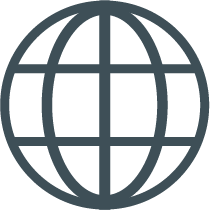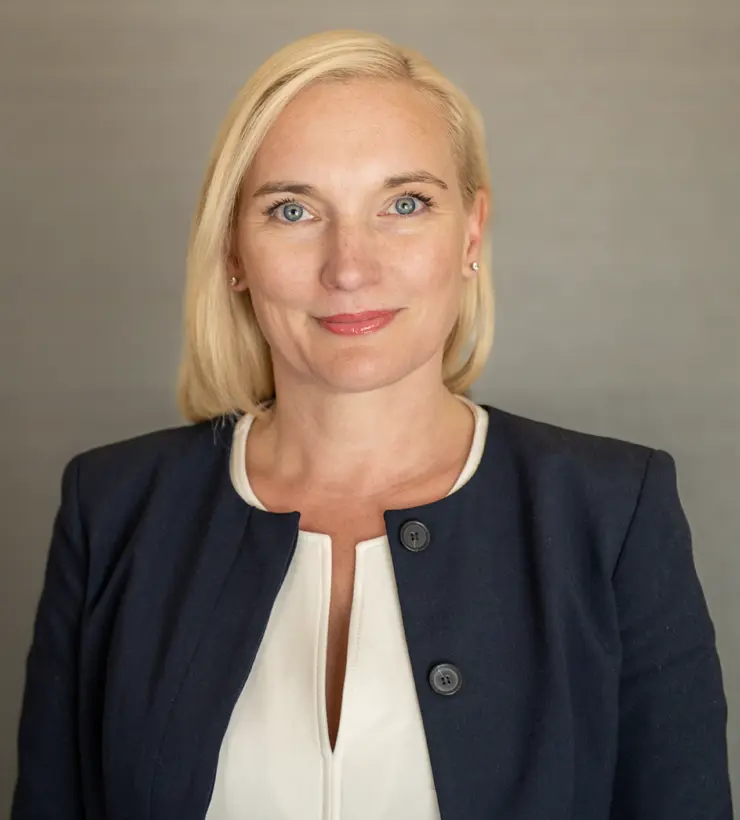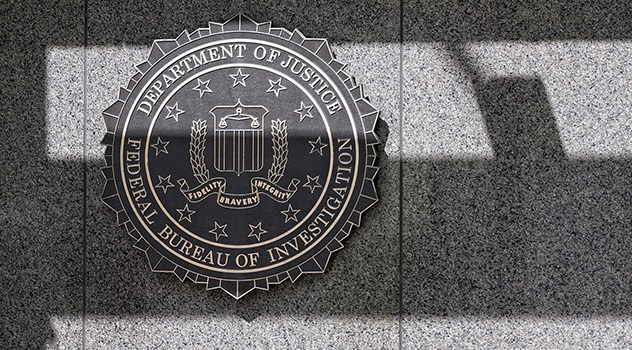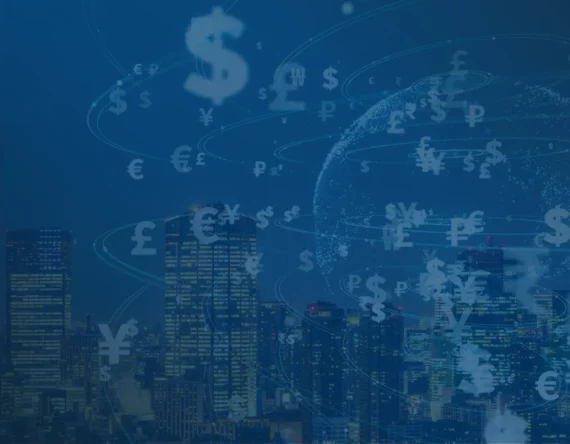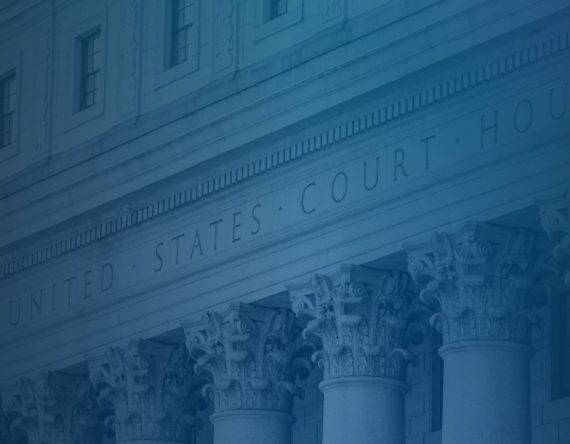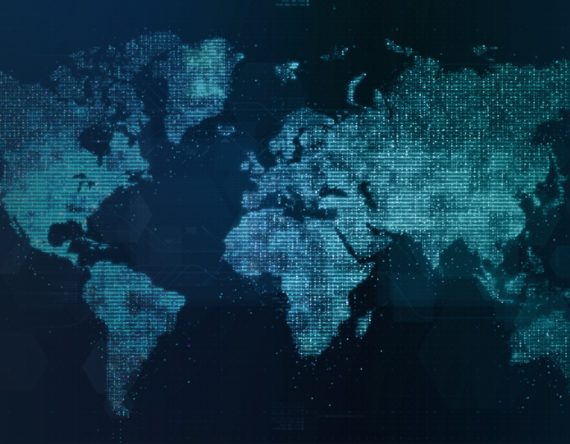Q: How are compliance teams worldwide faring amidst the global pandemic? Are you seeing any trends in terms of emerging or unanticipated risks?
A: INTERPOL has indicated that with the current demand for medical equipment to battle COVID-19, the risk of fraud is higher than ever. In addition, governments are rushing to build hospitals and other facilities to combat the virus. During this state of emergency, large-scale contracts are being awarded under far less stringent procurement protocols than during “business as usual” conditions. Finally, compliance officers must identify new ways to monitor compliance and mitigate risks as the majority of the workforce is doing so from home.
Q: As a qualified attorney in Germany, you specialize in German employment law. Can you comment on the partnership between HR and compliance, and its important impact on investigations?
A: In order to ensure a strong company culture of integrity and compliance, it is critical for the compliance officer to work very closely with HR. Integrity and Compliance must be key factors in all HR processes and procedures, including hiring, promotion, retention, remuneration and discipline. For example, there needs to be a process in place to check with compliance, and the respective investigative units, if an employee is subject to an investigation prior to promotion. Similarly, there should be a system established to consider confirmed misconduct when evaluating performance. This can only be achieved if there is appropriate communication between the compliance department/investigative units and HR.
Q: Since late last year, EU member countries have been working to embed a new Whistleblower Directive into national legislation. What do companies operating in the EU need to be mindful of before the new whistleblower protections take effect?
A: Companies need to carefully review their whistleblowing policies and procedures, and ensure they meet regulatory expectations, including but not limited to: confidentiality of the identity of the whistleblower, clear reporting channels, and short response times – both internal and external reports must be acknowledged within seven days of receipt and responded to within a reasonable amount of time.
Q: You’ve spent most of your career in-house, driving compliance and data protection efforts in manufacturing and highly-regulated industries, in addition to significant work on corporate monitorships at global organizations. What is the first piece of advice you would give to today’s compliance leaders?
A: The single most important thing a compliance leader can do is seek an outside view – this can be accomplished through benchmarking with peers, networking and sharing best practices or an independent review by experts. Organizations often are too comfortable with their own efforts and don’t challenge or question themselves enough. It’s common for companies to take a very legalistic approach and lose a holistic view. A diverse compliance team is also an invaluable asset in terms of broadening the perspective on misconduct and potential risks. The more skills you have on board, the better.
Q: The Federal Ministry of Justice and Consumer Protection (BMJV) has been working on draft legislation for a first-of-its-kind German law on corporate liability. Do you see increased corporate liability measures having a significant impact on companies operating in Germany – particularly as organizations worldwide wrestle with recovering from the impact of COVID-19?
A: Both upcoming legislation and the aftermath of COVID-19 will change organizational culture and accountability. When organizations and their leaders are under pressure, there is a heightened risk of fraud and misconduct. Organizations must take a closer look at their compliance programs and ensure they are designed and operating effectively. The programs should prevent, detect and respond to systemic misconduct and demonstrate zero tolerance to individual misconduct.





